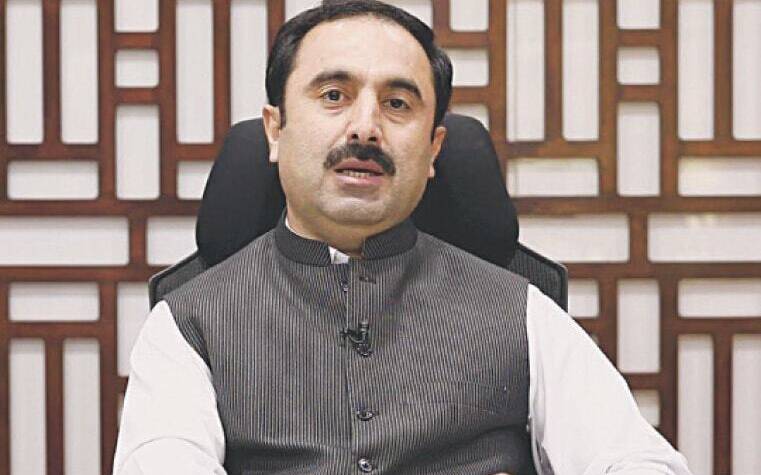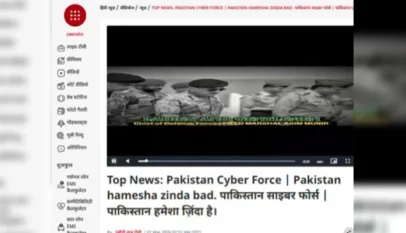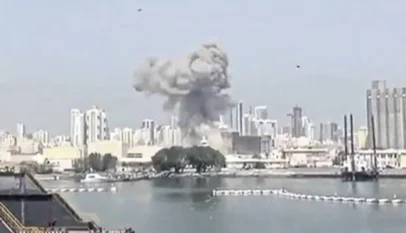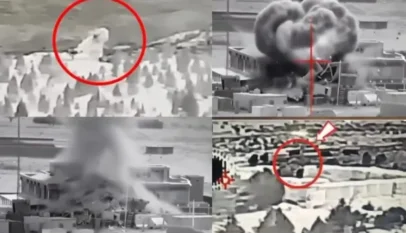
Khyber Pakhtunkhwa’s Chief Secretary, Shahab Ali Shah, publicly acknowledged serious lapses in the rescue efforts following a devastating flash flood in the Swat River that claimed at least ten lives, most of whom were tourists from Punjab.
Speaking at the site near Mingora on Saturday, Shahab said officials had a critical 45-minute window during which many lives could have been saved. However, he admitted that a small error escalated into a major tragedy.
The district head of Rescue 1122 has been suspended, and Shahab promised that everyone responsible—whether from police, rescue teams, or civil administration—would be held accountable for the mishandling.
The provincial government also announced a compensation package of Rs1.5 million for each family who lost a loved one in the disaster.
The tragedy unfolded Friday morning when several families, including a group from Daska, Punjab, were having breakfast on a dry patch along the Swat Riverbank near the bypass. Suddenly, a violent flash flood surged through the area, sweeping away more than a dozen people.
Rescue officials reported that around 70 people were initially trapped due to the sudden rise in water levels, which experts attribute to heavy rainfall combined with accelerated glacial melt—a phenomenon linked to climate change. Out of those trapped, 55 were rescued on the first day, 10 bodies have been recovered, and three people remain missing as search operations continue.
Rescue 1122 spokesperson Bilal Faizi explained that rescue efforts faced major challenges because the rocky riverbed prevented boat access, and the fast-flowing water combined with sharp stones made the situation extremely dangerous. Helicopter assistance was not possible due to time constraints.
An official inquiry into the incident has been launched, with a detailed report expected to be submitted to the Chief Minister within a week.
In recent developments, two more bodies were found near Barikot, downstream from the accident site. All recovered bodies have been transported to their respective hometowns with assistance from local authorities.
Climate experts warn that such flash floods are becoming more frequent in northern Khyber Pakhtunkhwa due to rising temperatures and rapid glacial melting, underscoring the growing impact of climate change in the region.
Source: Web Desk
Indian News channel hacked, pro-Pakistan content broadcast briefly
(Web Desk) — Indian television channel ABP News was temporarily disrupted after hack…










